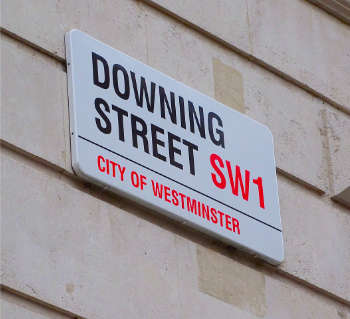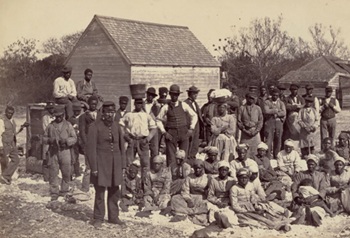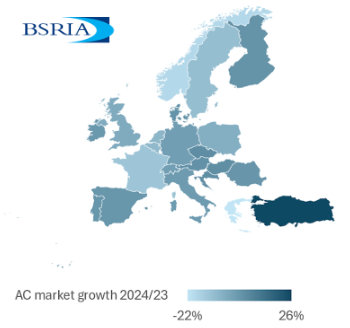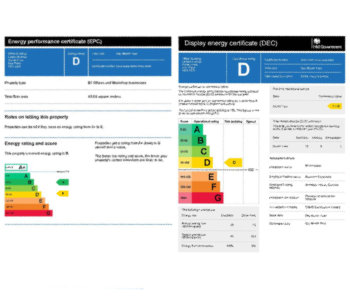Conservative party conference affordable housing
In his speech to the Conservative party conference in October 2015, Prime Minister David Cameron announced what he described as "a dramatic shift in housing policy", by introducing changes to planning requirements for affordable homes. Cameron suggested that housing was the one big piece of unfinished business in the economy, proposing that "A Greater Britain must mean more families owning a home of their own."
Affordable homes are described in the National Planning Policy Framework (NPPF) as ‘...social rented housing, affordable rented housing and intermediate housing, provided to eligible households whose needs are not met by the market’.
Local authorities set affordable housing targets based on local circumstances, and can then use instruments such as Section 106 agreements to help ensure it is delivered. Section 106 agreements (sometimes called planning obligations or planning gain) are obligations attached to land that is the subject of a planning permission. They can be used (amongst other things) to secure affordable housing, to specify the type and timing of this housing and to secure financial contributions to provide infrastructure or affordable housing.
However David Cameron said, “For years, politicians have been talking about building what they call “affordable homes” – but the phrase was deceptive. It basically meant homes that were only available to rent. What people want are homes they can actually own.
“…Those old rules which said to developers: you can build on this site, but only if you build affordable homes for rent…we’re replacing them with new rules…you can build here, and those affordable homes can be available to buy. Yes, from Generation Rent to Generation Buy…”
This is thought to be a key part of the government’s strategy to build 200,000 starter homes over this parliament, that is, homes sold at 20% less than the market value to “…hard working people under the age of 40.” Redefining affordable homes to include starter homes will give greater flexibility to local authorities and developers.
Stewart Baseley, executive chairman of the Home Builders Federation, said: "Greater flexibility in the way affordable housing is provided should not only speed up the process of securing an implementable planning permission but also make more sites viable for new housing."
There will be a cap on the cost of these homes, of £450,000 in London and £250,000 elsewhere. However, according to housing charity Shelter, only people earning more than £77,000 a year in London will be able to afford to buy one of these homes, and £50,000 a year in the rest of the country.
Campbell Robb, Chief executive of Shelter said: "You don't solve an affordability crisis by getting rid of the few affordable homes we're building, yet that's exactly what this policy will do. Today's announcement confirms our fears that Starter Homes costing up to £450,000 will be built at the expense of the genuinely affordable homes this country desperately needs."
Cameron also announced that Communities Secretary, Greg Clark, had secured a deal with housing associations to give their tenants the Right to Buy their home. The 1996 Housing Act gave housing association tenants the ‘Right to Acquire’ their homes, but in 2015, the government proposed extending the Right to Acquire scheme to a further 500,000 housing association tenants and giving them the same discount as council housing tenants under the Right to Buy scheme. In September 2015, the National Housing Federation proposed an alternative voluntary scheme for housing associations, which Communities Secretary Greg Clark accepted, on the condition that the sector agree the proposals within a week of the announcement.
[edit] Find out more
[edit] Related articles on Designing Buildings Wiki
Featured articles and news
Shortage of high-quality data threatening the AI boom
And other fundamental issues highlighted by the Open Data Institute.
Data centres top the list of growth opportunities
In robust, yet heterogenous world BACS market.
Increased funding for BSR announced
Within plans for next generation of new towns.
New Towns Taskforce interim policy statement
With initial reactions to the 6 month policy update.
Heritage, industry and slavery
Interpretation must tell the story accurately.
PM announces Building safety and fire move to MHCLG
Following recommendations of the Grenfell Inquiry report.
Conserving the ruins of a great Elizabethan country house.
BSRIA European air conditioning market update 2024
Highs, lows and discrepancy rates in the annual demand.
50 years celebrating the ECA Apprenticeship Awards
As SMEs say the 10 years of the Apprenticeship Levy has failed them.
Nominations sought for CIOB awards
Celebrating construction excellence in Ireland and Northern Ireland.
EPC consultation in context: NCM, SAP, SBEM and HEM
One week to respond to the consultation on reforms to the Energy Performance of Buildings framework.
CIAT Celebrates 60 years of Architectural Technology
Find out more #CIAT60 social media takeover.
The BPF urges Chancellor for additional BSR resources
To remove barriers and bottlenecks which delay projects.
Flexibility over requirements to boost apprentice numbers
English, maths and minimumun duration requirements reduced for a 10,000 gain.
A long term view on European heating markets
BSRIA HVAC 2032 Study.
Humidity resilience strategies for home design
Frequency of extreme humidity events is increasing.
National Apprenticeship Week 2025
Skills for life : 10-16 February























